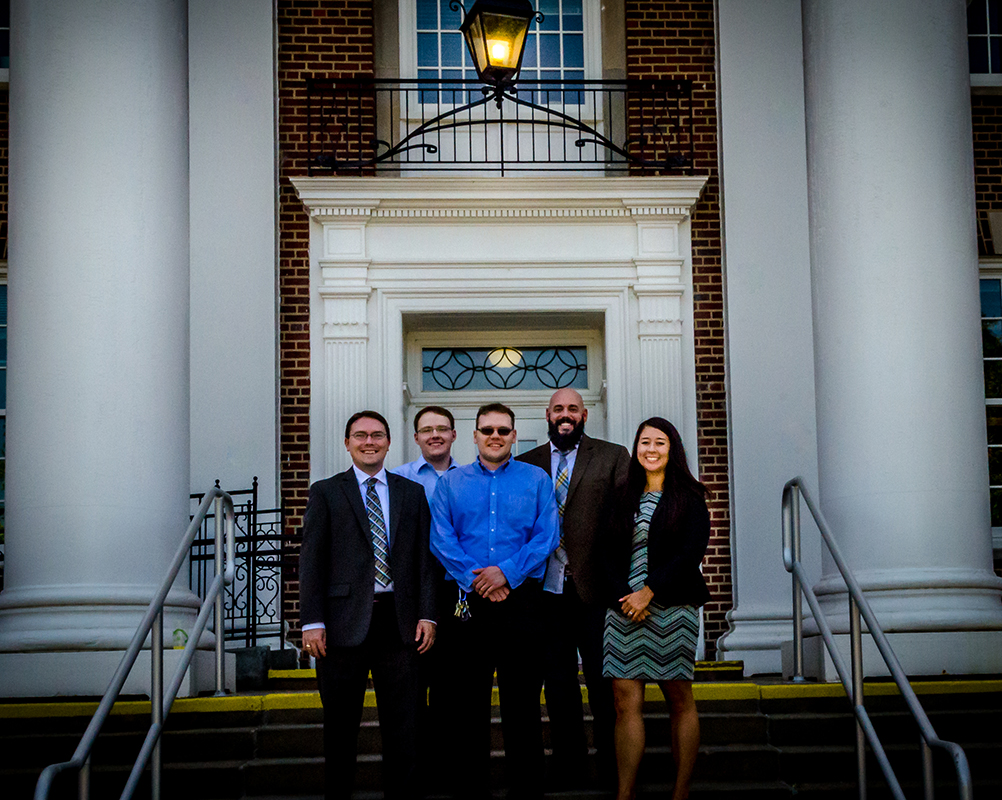
The Center for Meeting Effectiveness (CME) lab is a research lab devoted to the study of workplace meetings and how they impact employees for better or worse. Specifically, we strive to understand how to improve meetings in organizations so as to maximize outcomes for meeting leaders and participants/attendees. Meetings are a "taken-for-granted" aspect of most jobs and research suggests they can be a source of satisfaction and/or misery.
In meetings, employees solve problems, discuss strategic plans, develop programs, coordinate work activities, distribute resources, recognize hard work of others, and so on. Given these many functions, there are a host of interesting research and practical questions that can be answered by the scientific study of meetings. The CME Lab studies various aspects of meetings in organizations (e.g., meeting lateness, design characteristics, leader traits) and how they impact employee attitudes (e.g., employee engagement), behavior (e.g., performance and organizational citizenship behaviors), and well-being (e.g., burnout).
Our lab consists of both graduate and undergraduate students. If you're interested, please contact the lab coordinator, Michael Yoerger at myoerger@unomaha.edu.
Publications
(* indicates student author)
Allen, J. A., *Yoerger, M., Lehmann-Willenbrock, N., & Jones, J. (in press). Would you please stop that!?: The relationship between counterproductive meeting behaviors, employee voice, and trust. Journal of Management Development.
Reiter-Palmon, R., *Kennel, V., Allen, J. A., Jones, K., & Skinner, A. (2015). Naturalistic decision making in after-action review meetings: The implementation of and learning from post-fall huddles. Journal of Occupational and Organizational Psychology, 88, 322-340.
*Yoerger, M. A., *Crowe, J., & Allen, J. A. (2015). Participate or else!: The effect of participation in decision-making in meetings on employee engagement. Consulting Psychology Journal, 67, 65-80.
Lehmann-Willenbrock, N. & Allen, J. A. (2014). How fun are your meetings? How and when humor patterns emerge and impact team performance. Journal of Applied Psychology, 99, 1278-1287.